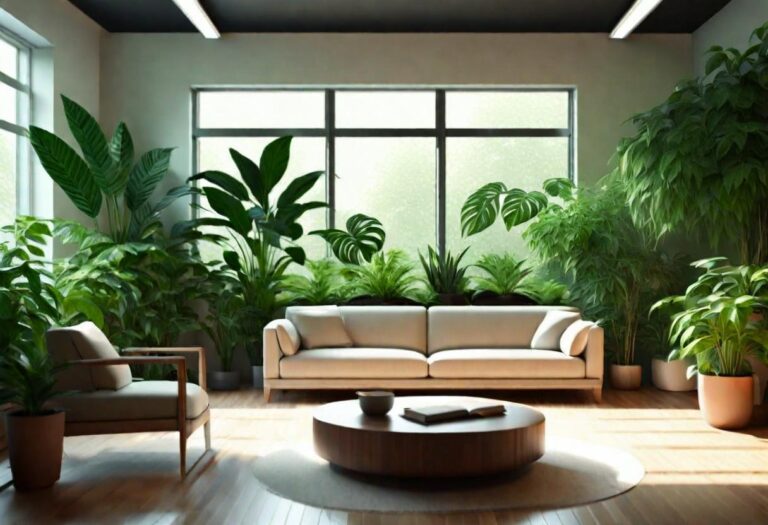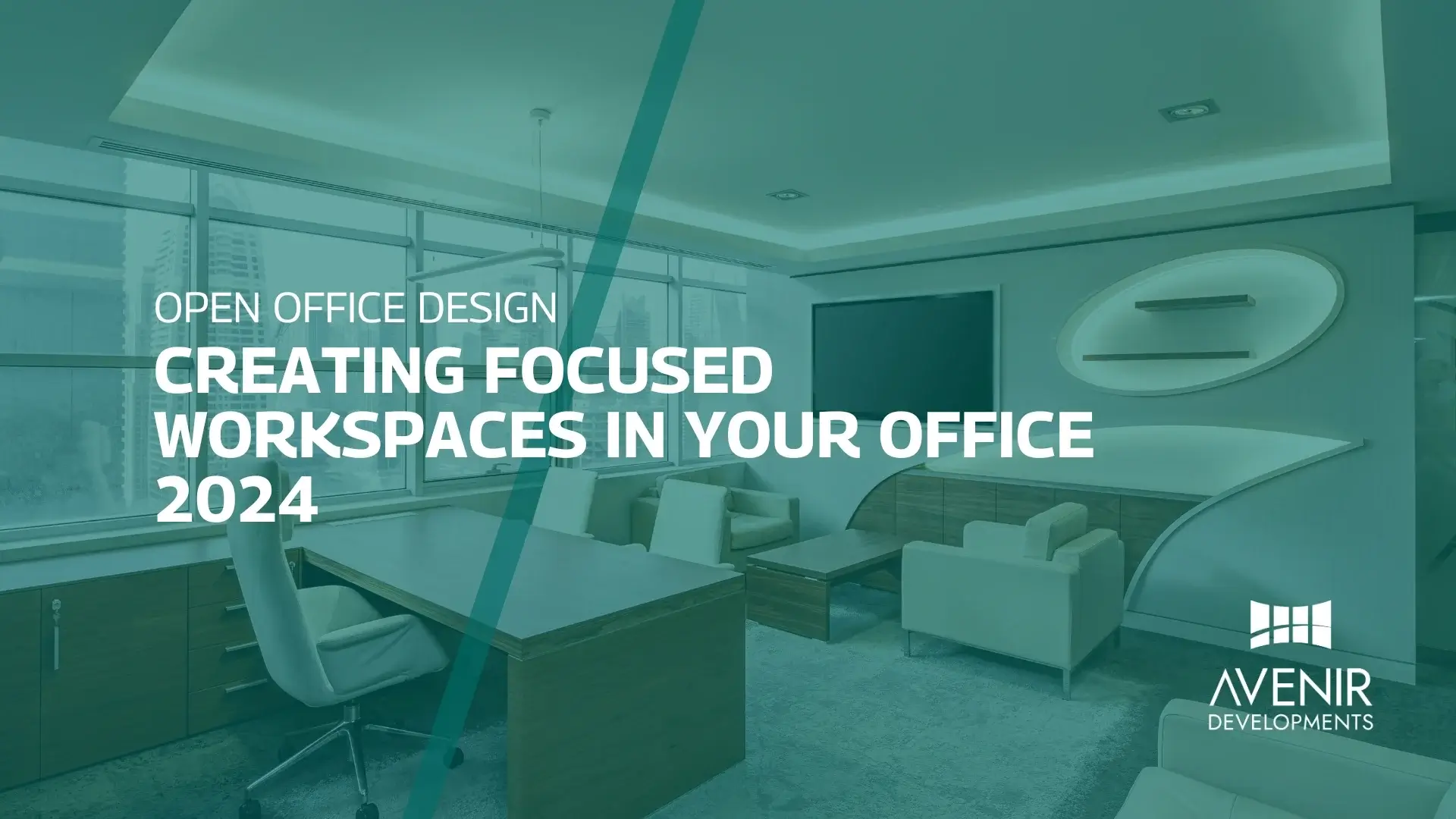Our homes have an impact on our daily lives. They influence how productive we are and how peaceful we feel. A well-designed home layout helps us get tasks done efficiently. And it also contributes to our well-being. On the contrary, a poorly planned house can bring challenges and upset our emotional balance.
It’s important to carefully design homes, considering factors that affect our daily experiences and emotions. A thoughtful design ensures that our living spaces meet our needs and positively contribute to our quality of life.
Many flats for sale in Islamabad have been designed considering these factors. These flats are thoughtfully designed living spaces aimed at enhancing residents’ daily lives and well-being.
Interior Design Factors That Have the Most Impact
As mentioned, certain key aspects of interior design impact your daily mood and health. Things like natural light, colour schemes, and how furniture is arranged can affect your everyday comfort. In the following paragraphs, we’ll look into these basic elements of interior design in detail. This will help you understand better why they are so important and how they influence us.
Poor Lighting
Insufficient lighting in your apartment makes it hard to stay focused and complete tasks efficiently. Concentrating on work or studying becomes difficult with little to no light. Good lighting is important because it helps your brain function well. Well-lit spaces keep your mind sharp and help you think clearly. This makes it easier to concentrate and be productive.
Additionally, having sufficient lighting affects more than just your ability to work. Bright and well-lit areas can improve your mood and boost your motivation. This makes you enthusiastic and engaged in your activities. On the other hand, dim or poorly lit areas can make you feel tired and may lead to issues like eye strain or headaches if it continues for a long time.
Lack of Natural Light
Natural light is good for us. It helps us sleep better and boosts serotonin in our brains, which affects our mood and daily habits.
Sunlight also gives us vitamin D because it’s important for strong bones and a good immune system. Having enough vitamin D is also good for our mental health. Studies have found that enough vitamin D levels lower the risk of depression and anxiety. So, having sunny spots in your home for these benefits is nice.
Poor Indoor Air Quality
The unfiltered indoor air is a direct factor that impacts your health. Air pollution exposure inside your house leads to breathing disorders and allergies. It can negatively affect asthma or other breathing problems. Also, air pollution causes headaches or migraines. Especially for people who are sensitive to particular pollutants.
The quality of indoor air is affected by airflow. Pollutants and allergens can gather if there isn’t enough fresh air indoors. Indoor air toxins include dust mites, pet fur, mould spores and VOC (volatile organic chemical) from household things. These things can lead to serious health issues even if someone has no history of allergies.
Architects should focus on designing good ventilation systems. And dusting and cleaning homes routinely are necessary to protect against harmful dust particles.
Poor Accessibility
A home that’s hard to move around in can affect people who have difficulty walking easily. Small doorways, high steps or stairs can be big problems for someone in a wheelchair or with limited mobility. Many flats for sale in Islamabad still have these features and it is time to change it. These obstacles can make simple tasks difficult and make people feel they always need help. It can also make them feel lonely and frustrated, which isn’t good for their feelings.
Feeling trapped or alone because of these barriers can cause a lot of stress and make people less happy. Home should be a comfortable place where you can do things on your own without trouble. Because it can lower the quality of life and affect your mental health if you can’t move freely at home.
Making a home easier to use isn’t just about changing things physically. It is also about being inclusive and letting everyone keep their independence. Simple changes like wider doors, ramps or rearranging rooms can make a big difference. This helps people be more independent and feel better.
It’s important to notice and fix these challenges so everyone can feel relaxed at home. By focusing on accessibility, we can create spaces that work for everyone, making people feel like they belong and improving their lives.
The Last Word
Smart planning upfront is key to tackling these aspects effectively. Let’s start with lighting. By placing lights carefully and using natural light from windows you can easily improve how well the space works. Good lighting helps you see better and also makes the area feel welcoming and open.
Ventilation is also super important. Installing good ventilation systems early on helps keep the air clean and healthy indoors. Starting with good ventilation means better air quality. This can prevent problems and keep people feeling good over time.
When you design lighting, think about what each part of the space needs. For work areas, use bright, focused lighting. While common areas can have softer, more inviting lights. Tailoring lighting to each area makes the space more flexible and enjoyable.
Likewise, ventilation needs to change based on the space and how it’s used. Kitchens and bathrooms might need more ventilation to deal with moisture and odours. Living areas benefit from steady, balanced airflow for comfort and good air quality. Customising ventilation for each space makes everyone happier with how things work.
For more information about the latest interior design trends follow our other blogs on our website. Moreover, for help regarding flats for sale in Islamabad contact us at +923001101103.







